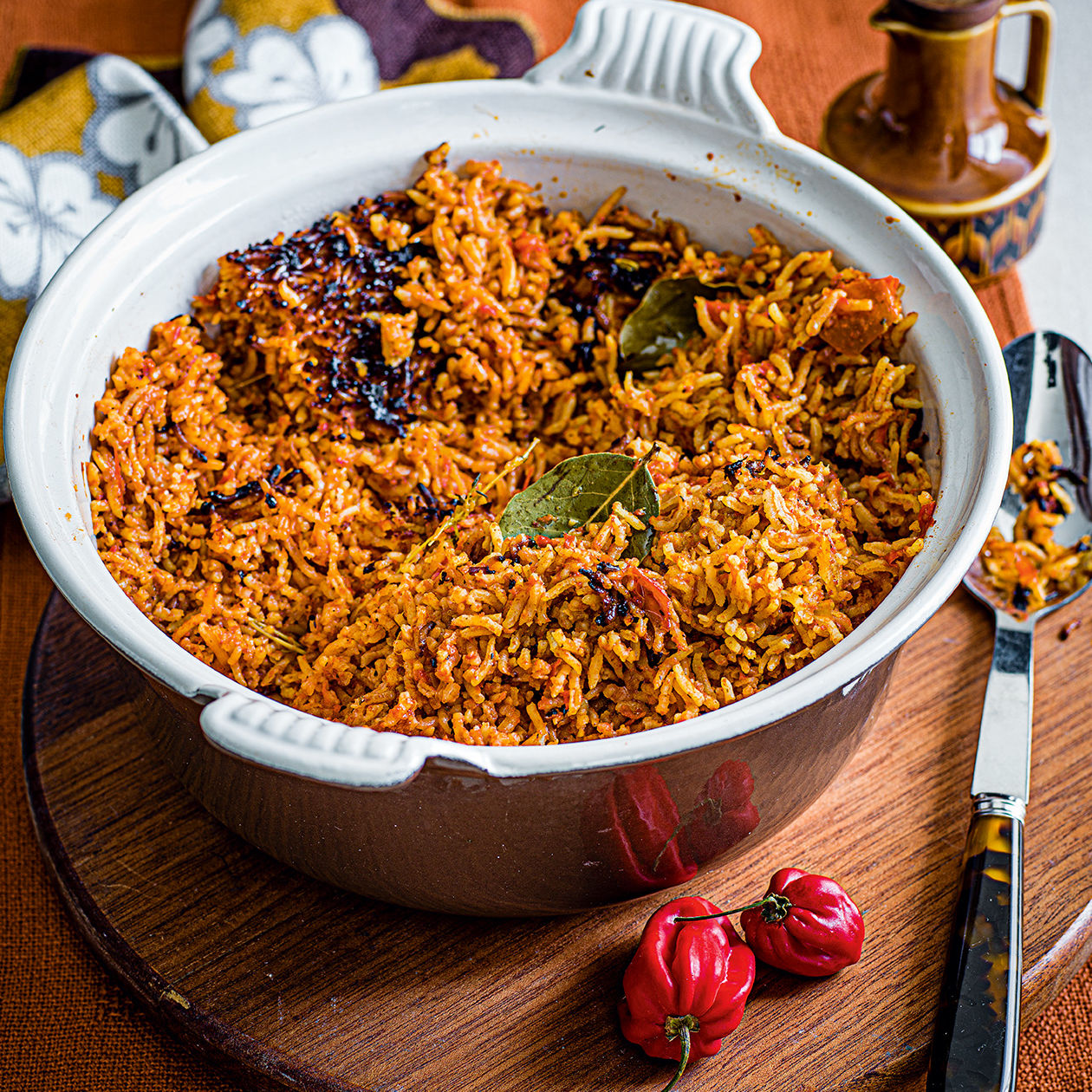UNESCO has settled a long-standing jollof rice dispute involving Nigeria, Ghana, Senegal and Cameroon, after declaring Senegal king of the famous West African delicacy in January this year.
The Senegalese Jollof, stood out from that of the three other countries, cementing the country’s position as the true originator of the dish.
The UN cultural organisation listed the dish in its representative list of the intangible cultural heritage of humanity, indicating how Senegalese may have influenced every other variant of jollof rice.
Many believe this move should have ended the jollof debate years ago.
Jollof is believed to have originated from the fishing communities of Saint-Louis island in Senegal and it is prepared by mixing rice with fish, tomatoes and vegetables and other ingredients.
“The dish is typically made with fish steak, broken rice, dried fish, mollusc and seasonal vegetables such as onions, parsley, garlic, chilli pepper, tomatoes, carrots, eggplant, white cabbage, cassava, sweet potato, okra and bay leaf,” UNESCO said.
Jollof rice, a staple in many West African countries, has been the subject of social media debates between Nigerians and Ghanaians as well as Nigerians and Cameroonians, each of them claiming expertise in the dish.
UNESCO however pronounced Senegal’s Ceebu Jen as the best, adding that the dish is part of their cultural heritage and settling several years of debate.
Jollof rice has become part of the people’s way of life. In Cameroon, it is commonly called fried rice and it is prepared with carrots and green beans and is usually accompanied by chicken or fish.
According to research by Conversation Africa, the origins of Jollof rice can be traced back to the entrenchment of colonial rule in West Africa between 1860 and 1940.
During this period, French colonizers replaced food crops with broken rice imported from Indochina.
Over time, broken rice became more prized by the Senegalese than a whole rice grain, and the dish known as Ceebu jën was born.











